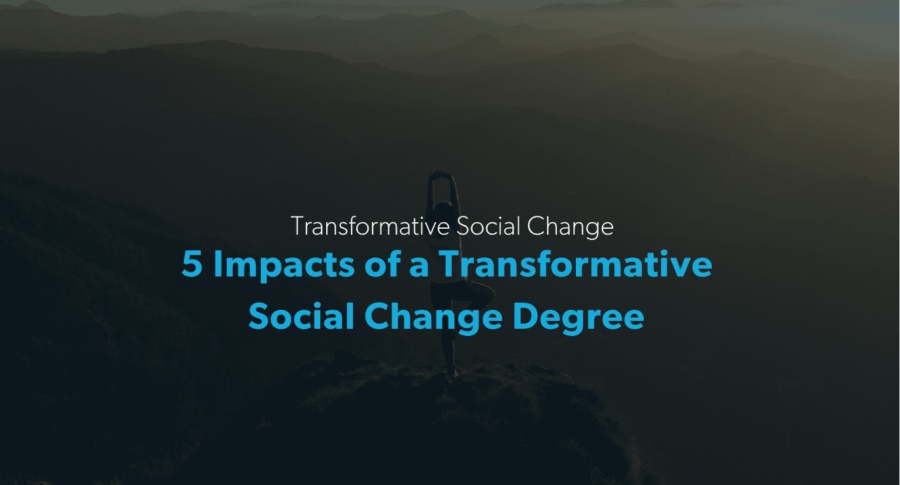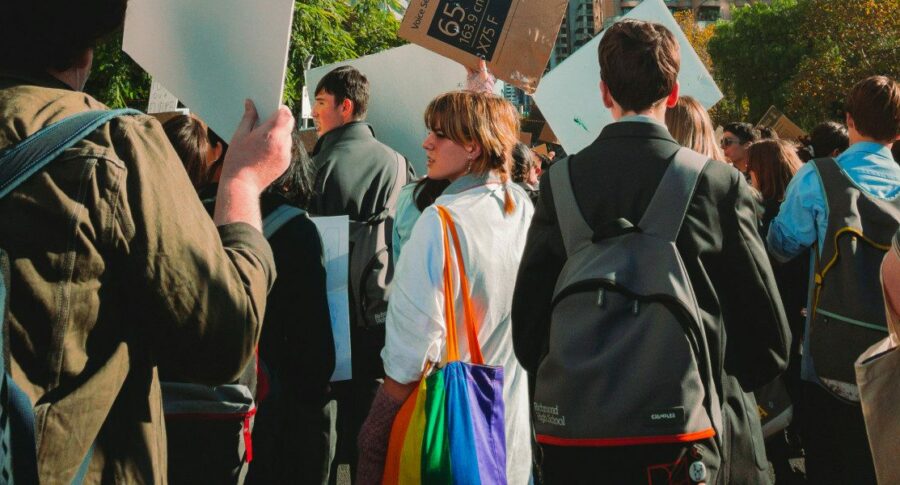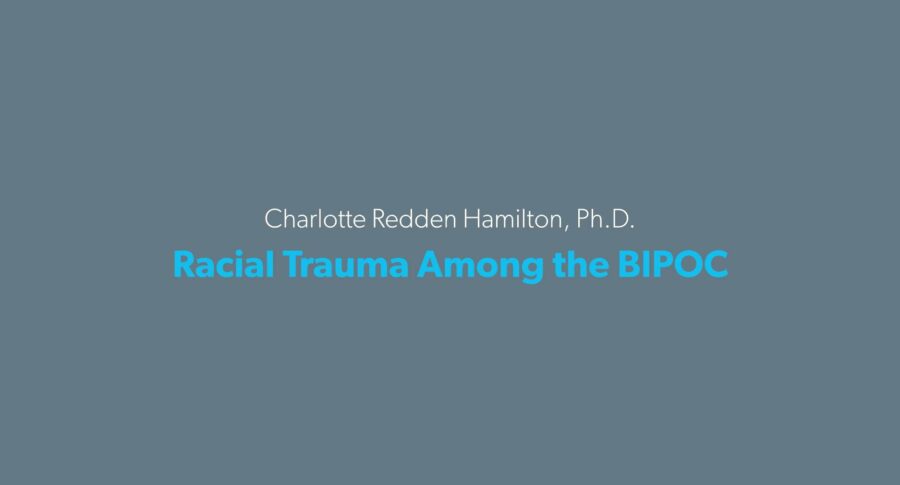In the face of rising authoritarianism, political polarization, social inequality, discrimination, and worsening climate change fanning fires and deadly storms, those committed to improving social conditions in their own communities, much less the larger world, may wonder how to make an impact. That’s where Saybrook University’s Transformative Social Change program can play a vital role, as it prepares students to become policy and advocacy experts focused on the pressing issues of our time.
The program’s faculty members have broad expertise in the activist sphere, including community organizing, social media communications, conflict resolution, social movements, and policy advocacy. In addition to these tools for activism, the program supports students who are planning to teach at the university level in fields including sociology, peace and justice studies, education, and political science.
During their studies, Transformative Social Change students learn to research and advocate for change in a range of issues and later specialize in the area of their choice for their M.A. projects or Ph.D. dissertations. Below are some examples of how the program’s curriculum addresses areas of focus for advocates of social change.
The Rise of Authoritarianism
Totalitarianism is on the rise around the world. Countries such as Hungary and Venezuela, whose governments were democracies until recently, now hold elections for which the outcomes seem predetermined. In Russia and China, leaders solidify power and lengthen their terms. In many countries, including the U.S., an influx of migrants has inspired a nationalist response.
In a Saybrook University ethics course, the instructor and the student discuss at length the principles related to democracy, advocating for tangible processes by which those who are affected by governmental decisions have a voice in how those decisions are made. The discussions consider recent and successful examples of how unjust concentrations of power have been challenged in U.S. and global contexts.
An example of relevant research is a dissertation written by a Saybook University graduate that explores democratic processes within municipal meetings and how to use widely available new media technologies to expand democratic representation.
Political Polarization
Despite ever-improving means of communicating and gathering information, studies show American society is more polarized than ever. With a range of conflicting groups, divisions, and sources of tension, many are becoming more entrenched in their positions and less respectful of other views.
An important part of the Transformative Social Change curriculum is the Conflict Resolution course, which applies the theories of conflict to practice, including facilitating training sessions in which students learn how to respond constructively to conflict and how to facilitate dialogue across differences.
An example of relevant research on this issue is an M.A. project that considers possible means of better communication across the rural-urban divide.
Inequality and Social Justice
Rising income inequality is leading to a social justice crisis, and the Transformative Social Change program is educating its students to address this reality. The Social Systems Theory and Social Interventions course focuses on the theoretical and practical challenges to creating a more just, compassionate world in which each person and community has increased opportunity to live a life of dignity and to thrive. The Global Civil Society Activism and Social Change course addresses these on a wider scale.
An example of relevant research would be a dissertation exploring the effects of gentrification on broader community inequality and development.
Climate Change
At a time when the country and nations around the world are faced with a range of challenges, many international organizations view climate change as the most immediate and persistent threat to our society.
Saybrook University has a curriculum devoted to the issue. The Ecological Psychology and Community Organizing courses address climate change from a holistic perspective, including how people can approach the issue individually. Additionally, issues of climate change arise across the curriculum, including in the Ethics of Climate Justice and the Social Interventions courses, which explore how climate issues increasingly affect most efforts toward collective change.
An example of what this looks like might be a Ph.D. dissertation that addresses ways to educate high-school students about climate change to transform despair into hope and action.
Race, Gender, Equality, and Inclusion
In recent years, certain actors in American politics have sought to demonize diversity, equity, and inclusion initiatives. At Saybrook University, efforts to expand opportunities for those who have faced discrimination because of race, faith, or sexual orientation are at the heart of our vision of a just society. Both the Race, Class, and Gender course and the Gender and Society course consider emerging theories and practices that address these issues at the individual, community, and systemic levels.
A dissertation presenting case studies on how to develop a racially responsive policing procedure for a community in the U.S. is an example of the kind of scholarship that might arise from this area of focus.
Pursuing a degree in Transformative Social Change begins with a commitment to making the world a better place, whether it be at the community, state, national, or global level.
Find Out More
Recent Posts































